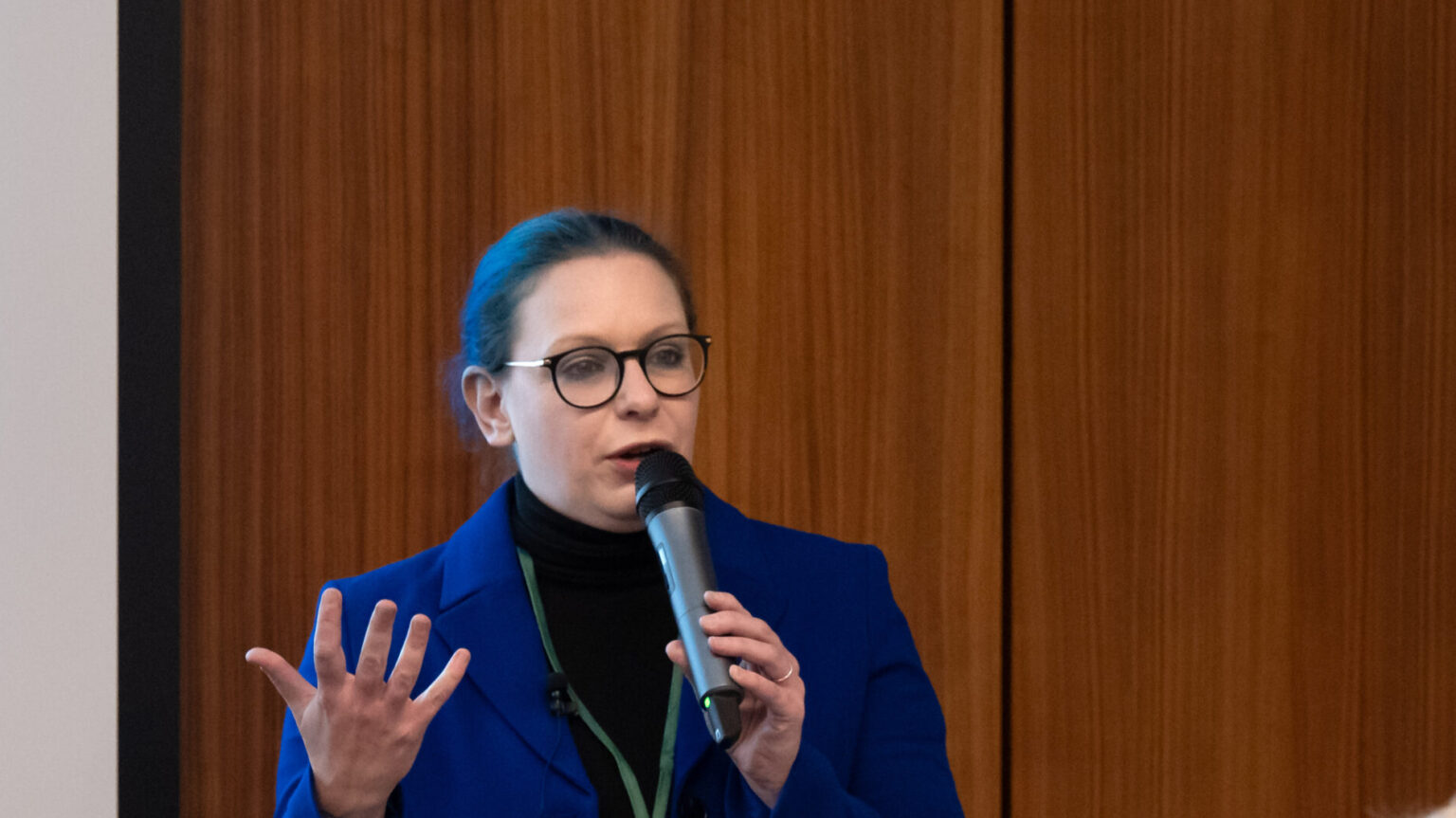Enjoy this article?
Most Museums Journal content is only available to members. Join the MA to get full access to the latest thinking and trends from across the sector, case studies and best practice advice.

Sussex University is to house a new research hub dedicated on building digital expertise across the global Holocaust commemoration and education sector.
The Landecker Digital Memory Lab: Connective Holocaust Commemoration aims to combat “increasing denial, distortion and trivialisation [of the Holocaust] in online spaces”.
According to the university, this includes increasing Holocaust denial, distortion and trivialisation online, perpetuated by AI. Other challenges facing the sector range from a lack of basic technological infrastructure to support engagement with digital technologies to a lack of training programmes and process to confront disinformation.
Over the next five years, the lab aims to cultivate knowledge and research on a number of topics including the impact of social media, computer games, VR and AR, AI and other digital media on Holocaust memory.
Outputs include a database of worldwide digital projects, new training courses on digital technologies for Holocaust organisations and events showcasing innovation in the field.
The lab will also advocate for the sector with funders and policymakers and offer free advisory and consultancy advice services.
“Holocaust memory and education organisations are full of brilliant people, but they are faced with multiple challenges that threaten the visibility and impact of their work,” said its director Victoria Grace Richardson-Walden, a professor of digital memory, heritage and culture (media and film) at Sussex University.
“The lab seeks to address these issues by providing a hub that aims to tackle them at the transnational level through interdisciplinary and cross-sector working. Holocaust memory and education are confronting an existential crisis; it has never been more urgent to do this work.”
The lab will sit across Sussex University’s Weidenfeld Institute of Jewish Studies and its Digital Humanities Lab. It has been funded by the Alfred Landecker Foundation in Berlin, which has a remit to remember the Holocaust, fight antisemitism and defend democracy.
Lena Altman, the co-CEO of the Alfred Landecker Foundation, said: “How do we encourage a digital generation to engage with the murder of millions of Jews and apply lessons from this past to contemporary challenges?
“The Landecker Digital Memory Lab addresses this head-on by mapping existing high-quality digital content on the Holocaust in a unique archive, so that those engaged in historical and political education do not have to reinvent the wheel, but learn from best practice examples instead.”
Most Museums Journal content is only available to members. Join the MA to get full access to the latest thinking and trends from across the sector, case studies and best practice advice.